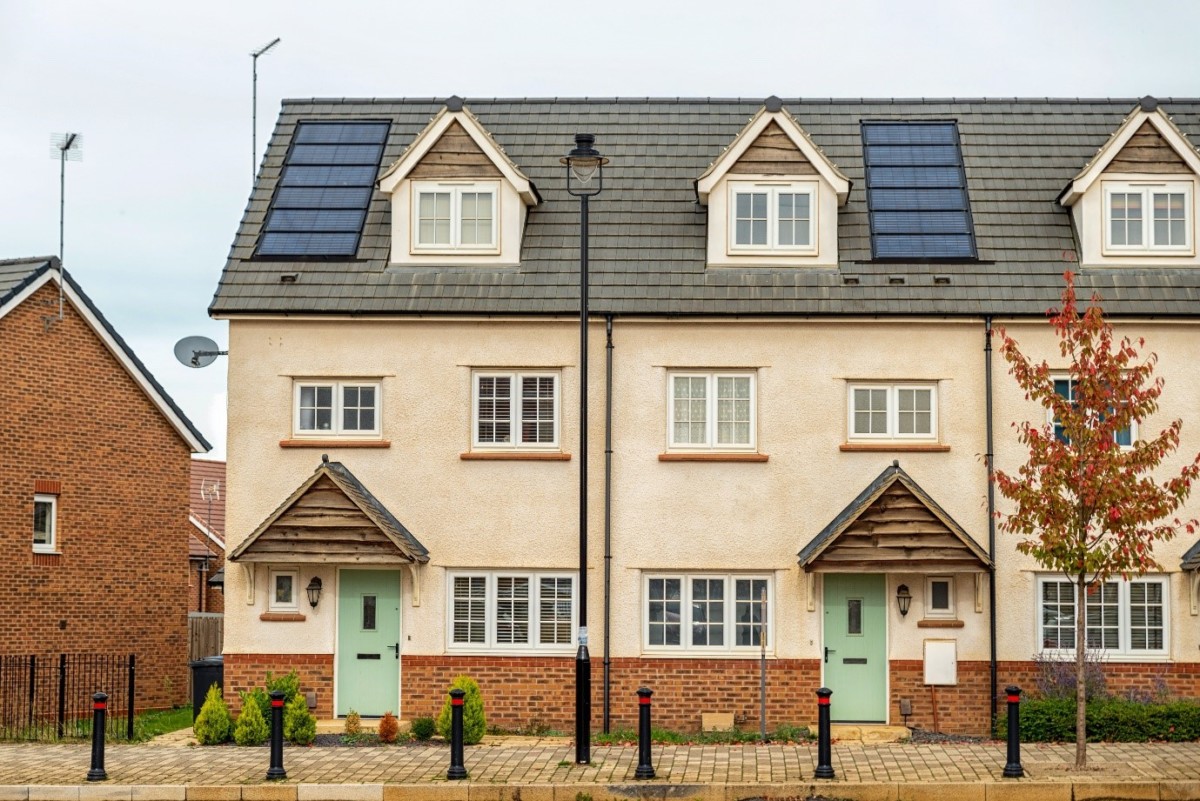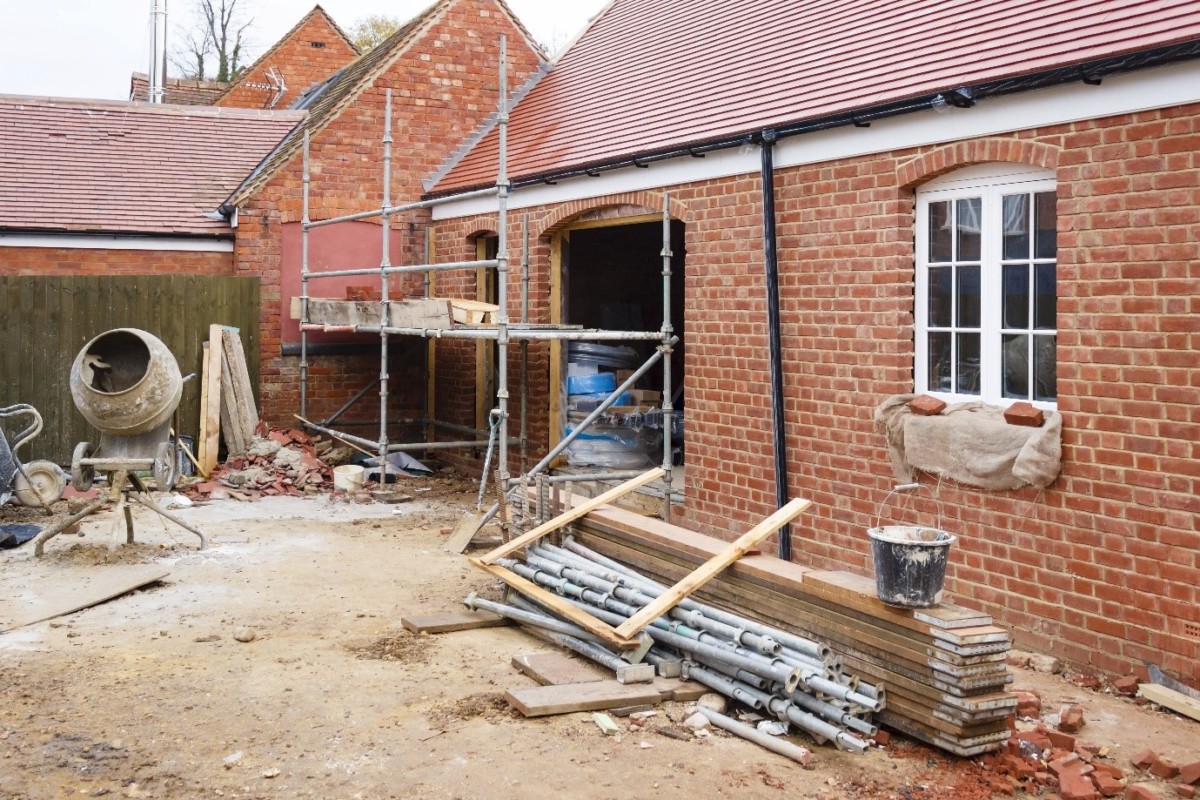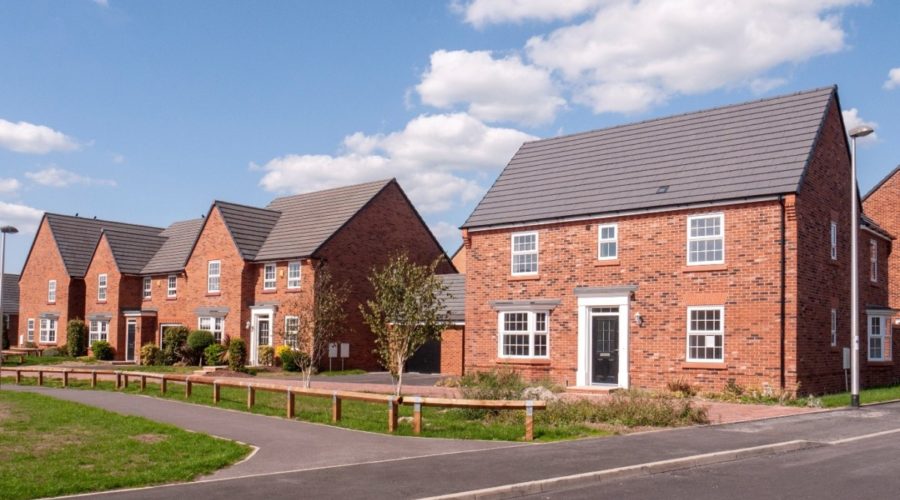For the latest in our series on property advice, we look at the concept of negative equity. For any homeowner with a mortgage, having negative equity can be problematic. Here, we’ll look at what the term means, what issues may arise from having negative equity and how to work out if you have it. Finally, we’ll let you know what you can do if you find yourself in this situation. But first…
Before delving into negative equity, it is best to first understand what is meant by ‘equity’ in relation to property. In short, your equity is how much of your property you actually ‘own’. This figure is a combination of:
So, if you bought a house for £100,000 with a £10,000 deposit, you would immediately have a 10% equity in the property. If you paid off a further £40,000 through mortgage repayments, your total stake would be £50,000, bringing equity to 50%.
While your home is where your heart is, it’s often overlooked that buying a property is an investment and, unlike owning shares in a company for example, many people forget that their investment (house) may be subject to fluctuations in value. A fall in value can result in your equity becoming ‘negative’.
Negative equity occurs when the current value of your property is less than what you have left to pay on the mortgage for it. This is a problem if you want to sell, because you may not recoup the remaing cost of your mortgage through the sale. For example, if you bought a house for £200,000, with a £175,000 mortgage and the house is now worth £150,000 – you would be in negative equity as your mortgage value is £25,000 more than the property value.
However, not all price drops automatically result in negative equity. Returning to our former example, if the property you bought for £200,000 on a £175,000 mortgage was now valued at £180,000, you would still be in positive equity (£5,000) as the existing value is greater than the mortgage.

Negative equity can seem quite a scary prospect, but why does this happen?
Like any investment, a property’s value fluctuates over time, so the primary reason for negative equity is falling house prices. Secondly, since acquiring a property is the biggest investment for most of the UK’s population, the state of the economy and house prices are intrinsically linked. As the Bank of England controls interest rates, it is easier to secure mortgage financing when the economic forecast is good. When more people are able to buy, house prices go up. Conversely, when the economic outlook is more pessimistic, borrowing becomes tougher and mortgage approval levels fall – meaning fewer buyers on the market. Thus, the drop in available buyers causes property prices to consequently fall.
Problems can also arise when confidence in the economy is strong and there are lots of buyers on the market, causing a ‘property bubble’ to form as prices surge. Unfortunately, nothing is guaranteed in this sector so the bubble will eventually burst or ‘crash’. A result of this is that many homeowners could have overpaid for what their property is truly worth during the ‘bubble’ and end up with a hefty mortgage and property prices that are set to fall.
Negative equity became a massive issue in the aftermath of the 2008 recession, which saw house prices plummet, leaving thousands of homeowners in negative equity as their mortgages were much higher than the value of their home.
Interestingly, this recession was directly influenced by activity in the property industry; you may remember it often being referred to as the ‘credit crunch’. This is because banks became over-confident with the continued rise of property prices and did not expect it to stop. As a result, getting a mortgage became easier for homeowners, with banks accepting more and more high-risk mortgages. People who wouldn’t normally be able to secure the necessary finances, joined the property ladder with up to 100% mortgages, meaning they started off with minimal initial equity and large repayments.
Since the crash, banks have been a lot stricter about who they are willing to lend to which has resulted in fewer buyers on the market. In addition to this, the gap between the prices of property compared to average income has massively increased over the past couple of decades which has also made it harder for people to secure finance, resulting in a lack of first-time buyers. Fewer buyers on the market indicates a drop in ‘demand’ resulting in property prices still not recovering fully from the 2008 drop.
Finally, another cause of negative equity regards a type of mortgage available to some homeowners. As well as conventional mortgages, you can also take out an interest-only mortgage. This means you do not have repayment instalments to gain equity but only interest – paying the full amount at a later agreed date. This puts you at risk of negative equity as you don’t continually make payments to reduce the debt.
Contact your lender to find out how much you owe on your mortgage and how much equity you’ve acquired on your property.
Get an understanding of the current value of your property. You can do this by getting local estate agents or surveyors to value your home (this may incur a cost).
If the current value of your property is lower than what you owe (mortgage) you are in negative equity.
A fictional example is below:
If your LTV ratio is positive it means you’re in negative equity.
Homeowners with negative equity can face a tricky situation if they now want to sell their property. This is because the existing value of it is less than what they paid for and it is unlikely they’ll be able to recoup the amount that they have remaining on their mortgage. In this situation, it is unlikely that their mortgage provider will sanction a sale for less than the previous purchase amount.
Therefore, if you proceed to sell your house for less than the mortgage you have secured on it, you are responsible for making up the difference to your lender. You may need to dip into your savings to make up the difference. You can take out a negative equity mortgage where you handover the remaining negative equity onto your new deal, but they are very rarely approved.
Another difficulty is that it is hard to remortgage your property. Lenders are unlikely to agree to a fixed rate or cheaper deal for people in negative equity.
Wait for prices to rise
If you’ve just recently bought your home (under three years) you may be in negative equity due to the small amount of mortgage you’ve paid up to this point – it is usually a 25-year repayment plan. This means that your equity is primarily made up of your deposit which is 10-20% of the house value. If you’re in a position to be patient, try to sell your property when house values have risen as the selling price will most likely to be higher, helping to come out of negative equity, plus you will have added equity with the repayments made during this time.
Can Vivo help you right away?
If you have negative equity and need a quick sale, using a fast property buying company like Vivo may not be the right step for you. Generally, we can’t help homeowners that have owned their property for less than three years and was bought with a mortgage – even if house values have remained the same or increased slightly. The reason being is that we tend of offer 85% of the estimated market value, and with people generally paying a 10-20% deposit, you’d be unlikely to recoup your losses. If you’d like to know more about your options in this situation, please take our house selling quiz or call us for some free, impartial property advice – we’d be happy to help.
Take action to increase value

If you’re not able to wait, you can look to increase the value of your property to secure a price that does not leave you in the red. This can mean renovating key areas of your property that add value such as the bathroom or kitchen, or potentially expanding your property with an extension. While this means you have to spend more up front, it may enable you to command a higher price and remove the negative equity. You can also do something unique, like adding a home office!
Increase equity
If your finances permit, look to increase the equity you have in your property by overpaying your mortgage with early repayments. This will reduce the amount you owe and can help remove the negative equity. You will need to agree with your provider, so check your agreement.
Rent out your property
Another option, if you can agree with your lender, is to rent out your existing property and then live in a rented property in a cheaper area. While not ideal, this will allow you to gain additional income to reduce your negative equity.
Know how much you can afford to borrow and the types of repayment structures you could do.
If the property market is booming, you can pay an inflated price for the house, so consider buying at a quieter time where prices tend to be lower.
The more initial equity you own and it reduces your chance of falling into negative equity early on.
